Georgia: The Tbilisi Circus Comes with Conflict Resolution, Plus Clowns
FROM: eurasiant.org
by Paul Rimple and Justyna Mielnikiewicz
February 8, 2013
Hundreds of spectators drop their jaws and look up to watch a man suspended from the ceiling by his arms. His wife, suspended above him, steps on his head, then his back, and twirls him like a pinwheel as they slowly float down to the center of the ring.
Tbilisi’s 125-year-old circus is back in action, and its shows, playing to sell-out crowds, are proving that, for all the ethnic and geopolitical differences that split apart the Soviet Union, under the big top, circus performers remain part of one big family.
“Circus artists are not political,” commented 76-year old circus caretaker Arkady “Shekir” Parsadanishvili, who, in Soviet times, performed with a team of ethnic Uzbek, Georgian and North Caucasian “djigits” or stunt-horsemen. “They have no nationality.”
Instead, they have talent. Past armed conflicts over breakaway South Ossetia notwithstanding, a seven-man troupe of ethnic Ossetian trick-equestrians, the Ensemble Alania, was a Tbilisi-crowd favorite at a show this January.
Instead, they have talent. Past armed conflicts over breakaway South Ossetia notwithstanding, a seven-man troupe of ethnic Ossetian trick-equestrians, the Ensemble Alania, was a Tbilisi-crowd favorite at a show this January.
"We worried how the Georgian public will meet us, an Ossetian team,” the group, whose members hail from throughout the Russian Federation, conceded on Facebook. A posted video indicates that all went well.
Their arrival even supposedly improved the health of retired rider Shekir. In a New Year’s Eve toast, he told the Ossetian riders that his blood pressure had normalized with their arrival in Tbilisi, and that his traumatized legs even seemed to hurt less.
Being a djigit is not about being “an acrobat on a horse,” commented ensemble member Arsen Batiyev, a 53-year circus veteran from North Ossetia, in the Russian Federation. It is about “character, temperament, style . . . the Caucasus.”
Being a djigit is not about being “an acrobat on a horse,” commented ensemble member Arsen Batiyev, a 53-year circus veteran from North Ossetia, in the Russian Federation. It is about “character, temperament, style . . . the Caucasus.”
As elsewhere in the region, the civil unrest and economic crisis that followed the Soviet Union’s 1991 collapse dealt a blow to Georgia’s state-financed collective of circus artists, many of whom ended up retiring or moving abroad to work.
read more:
http://www.eurasianet.org/node/66521
read more:
http://www.eurasianet.org/node/66521

























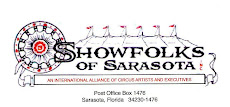















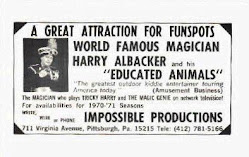

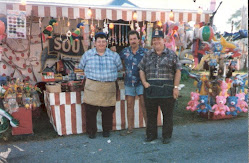





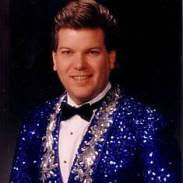






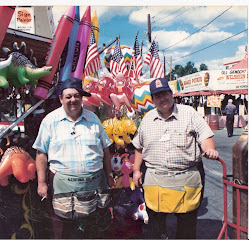
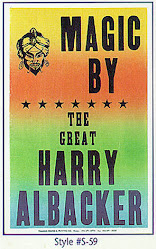















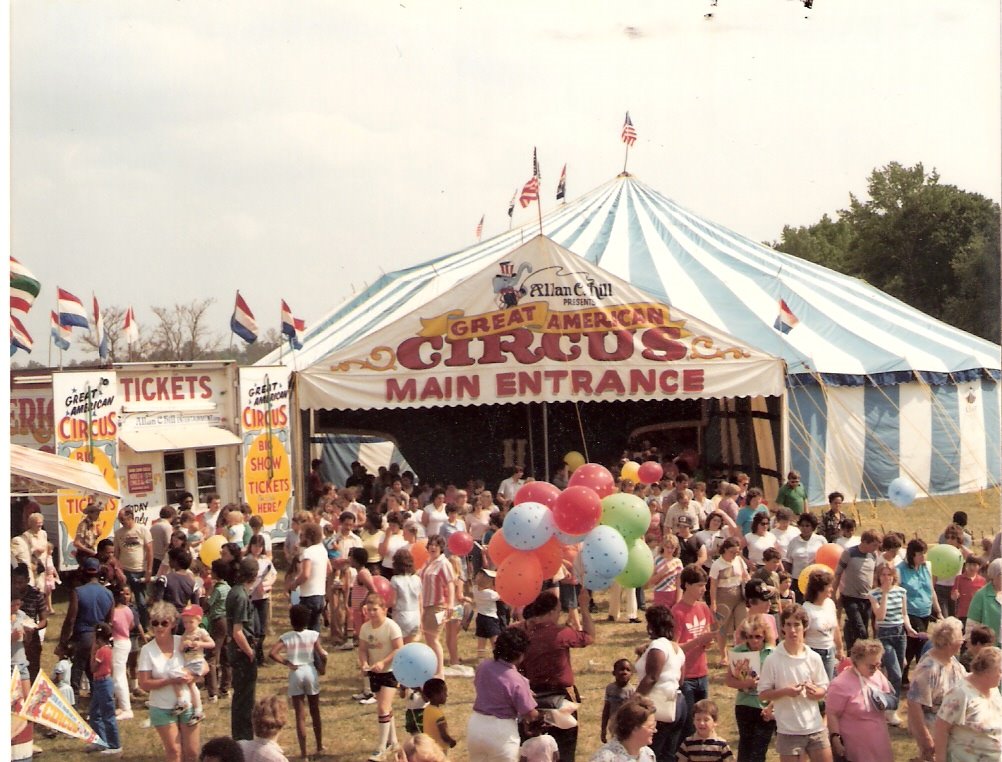









No comments:
Post a Comment